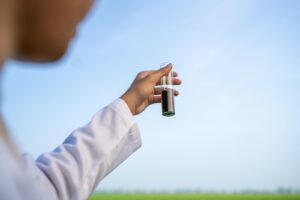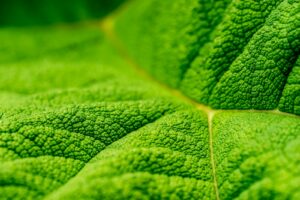Supposedly ‘eco-friendly’ biodegradable and compostable plastic bags exist in the environment for three years, littering scenery and potentially trapping animals, new research has found.
Single-use plastic bag use in the UK has been cut from 8 billion a year in 2014 to just over a billion in 2018, but the research from the University of Plymouth has raised serious questions over the sustainability of alternatives which claim to be better for the environment.
Researchers studied how five different ‘eco’ plastic bags found from high street retailers degrade after being exposed to air, soil and water.
After nine months in the open air, all the materials had completely disintegrated into fragments.
However, the biodegradable and conventional plastic formulations stayed functional as carrier bags after being in the soil or the marine environment for over three years.
Research Fellow Imogen Napper, who led the study as part of her PhD said the study showed that biodegradable alternatives may be doing as much damage to the environment as conventional plastic bags.
‘After three years, I was really amazed that any of the bags could still hold a load of shopping,’ she said.
‘For a biodegradable bag to be able to do that was the most surprising. When you see something labelled in that way, I think you automatically assume it will degrade more quickly than conventional bags. But, after three years at least, our research shows that might not be the case.’
In July, Environment Journal reported that plastic bag sales in England’s ‘big seven’ supermarkets have dropped by 86% since the government introduced its 5p plastic bag charge in 2015.
It’s led retailers to look towards more eco-friendly and innovative options.
Waitrose and John Lewis announced last year that they would be the first major supermarket to replace all their single-use plastic bags with a home compostable alternative.
Responding to the University of Plymouth report, a Waitrose spokesperson told Environment Journal: ‘Our compostable bags are OK compost HOME certified so are required to be fully biodegradable within 12 months and will leave no toxins behind.’















